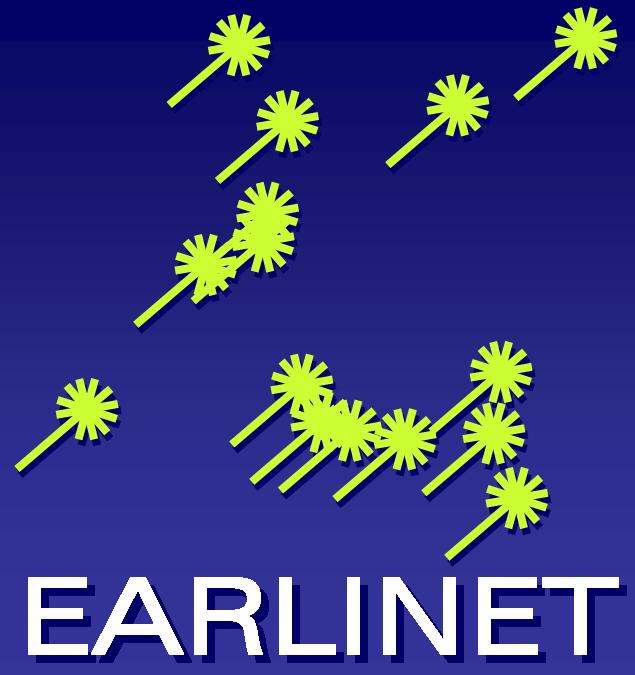Mercurial > public > atmospheric_lidar / file revision
licel.py@a0b073b1f684
licel.py
Mon, 18 Feb 2013 12:21:05 +0100
- author
- ulalume3 <binietoglou@imaa.cnr.it>
- date
- Mon, 18 Feb 2013 12:21:05 +0100
- changeset 15
- a0b073b1f684
- parent 2
- b11082bfcb4a
- child 16
- 1122ee9ef151
- permissions
- -rw-r--r--
Added the option to subtrackt dark profiles from raw data. This could be useful for non-scc use of the netcdf files (ex. LIRIC).
import numpy as np import datetime from generic import BaseLidarMeasurement, Lidar_channel import musa_netcdf_parameters import musa_2009_netcdf_parameters licel_file_header_format = ['Filename', 'Site StartDate StartTime EndDate EndTime Altitude Longtitude Latitude ZenithAngle', 'LS1 Rate1 LS2 Rate2 DataSets', ] licel_file_channel_format = 'Active AnalogPhoton LaserUsed DataPoints 1 HV BinW Wavelength d1 d2 d3 d4 ADCbits NShots Discriminator ID' class LicelFile: def __init__(self, filename): self.start_time = None self.stop_time = None self.import_file(filename) self.calculate_physical() self.filename = filename def calculate_physical(self): for channel in self.channels.itervalues(): channel.calculate_physical() def import_file(self, filename): """Imports a licel file. Input: filename Output: object """ raw_info = {} channels = {} channel_info = [] f = open(filename, 'rb') #Read the first 3 lines of the header raw_info = {} for c1 in range(3): raw_info.update(match_lines(f.readline(), licel_file_header_format[c1])) start_string = '%s %s' % (raw_info['StartDate'], raw_info['StartTime']) stop_string = '%s %s' % (raw_info['EndDate'], raw_info['EndTime']) date_format = '%d/%m/%Y %H:%M:%S' self.start_time = datetime.datetime.strptime(start_string, date_format) self.stop_time = datetime.datetime.strptime(stop_string, date_format) self.latitude = float(raw_info['Latitude']) self.longitude = float(raw_info['Longtitude']) # Read the rest of the header. for c1 in range(int(raw_info['DataSets'])): channel_info.append(match_lines(f.readline(), licel_file_channel_format)) # Check the complete header is read a = f.readline() # Import the data for current_channel_info in channel_info: raw_data = np.fromfile(f, 'l', int(current_channel_info['DataPoints'])) a = np.fromfile(f, 'b', 1) b = np.fromfile(f, 'b', 1) if (a[0] != 13) | (b[0] != 10): print "Warning: No end of line found after record. File could be corrupt" channel = LicelFileChannel(current_channel_info, raw_data) channel_name = channel.channel_name if channel_name in channels.keys(): # If the analog/photon naming scheme is not enough, find a new one! raise IOError('Trying to import two channels with the same name') channels[channel_name] = channel f.close() self.raw_info = raw_info self.channels = channels class LicelFileChannel: def __init__(self, raw_info = None, raw_data = None): self.raw_info = raw_info self.raw_data = raw_data @property def wavelength(self): if self.raw_info is not None: wave_str = self.raw_info['Wavelength'] wavelength = wave_str.split('.')[0] return int(wavelength) else: return None @property def channel_name(self): ''' Construct the channel name adding analog photon info to avoid duplicates ''' acquisition_type = self.analog_photon_string(self.raw_info['AnalogPhoton']) channel_name = "%s_%s" % (self.raw_info['Wavelength'], acquisition_type) return channel_name def analog_photon_string(self, analog_photon_number): if analog_photon_number == '0': string = 'an' else: string = 'ph' return string def calculate_physical(self): data = self.raw_data number_of_shots = float(self.raw_info['NShots']) norm = data/number_of_shots dz = float(self.raw_info['BinW']) if self.raw_info['AnalogPhoton']=='0': # If the channel is in analog mode ADCb = int(self.raw_info['ADCbits']) ADCrange = float(self.raw_info['Discriminator'])*1000 # Value in mV channel_data = norm*ADCrange/((2**ADCb)-1) # print ADCb, ADCRange,cdata,norm else: # If the channel is in photoncounting mode # Frequency deduced from range resolution! (is this ok?) # c = 300 # The result will be in MHZ # SR = c/(2*dz) # To account for pulse folding # channel_data = norm*SR # CHANGE: # For the SCC the data are needed in photons channel_data = norm*number_of_shots #print res,c,cdata,norm #Calculate Z number_of_bins = int(self.raw_info['DataPoints']) self.z = np.array([dz*bin_number + dz/2.0 for bin_number in range(number_of_bins)]) self.dz = dz self.number_of_bins = number_of_bins self.data = channel_data class LicelLidarMeasurement(BaseLidarMeasurement): ''' ''' extra_netcdf_parameters = musa_netcdf_parameters def import_file(self, filename): if filename in self.files: print "File has been imported already:" + filename else: current_file = LicelFile(filename) for channel_name, channel in current_file.channels.items(): if channel_name not in self.channels: self.channels[channel_name] = Licel_channel(channel) self.channels[channel_name].data[current_file.start_time] = channel.data self.files.append(current_file.filename) def append(self, other): self.start_times.extend(other.start_times) self.stop_times.extend(other.stop_times) for channel_name, channel in self.channels.items(): channel.append(other.channels[channel_name]) class Licel_channel(Lidar_channel): def __init__(self, channel_file): c = 299792458.0 #Speed of light self.wavelength = channel_file.wavelength self.name = channel_file.channel_name self.binwidth = channel_file.dz * 2 / c # in microseconds self.data = {} self.resolution = channel_file.dz self.z = np.arange(channel_file.number_of_bins) *self.resolution + self.resolution/2.0 #Change: add half bin in the z self.points = channel_file.number_of_bins self.rc = [] self.duration = 60 def append(self, other): if self.info != other.info: raise ValueError('Channel info are different. Data can not be combined.') self.data = np.vstack([self.data, other.data]) def __unicode__(self): return "<Licel channel: %s>" % self.info['Wavelength'] def __str__(self): return unicode(self).encode('utf-8') class Licel2009LidarMeasurement(LicelLidarMeasurement): extra_netcdf_parameters = musa_2009_netcdf_parameters def match_lines(f1,f2): list1 = f1.split() list2 = f2.split() if len(list1) != len(list2): print "Warning: Combining lists of different lengths." print "List 1: %s" % list1 print "List 2: %s" % list2 combined = zip(list2,list1) combined = dict(combined) return combined

